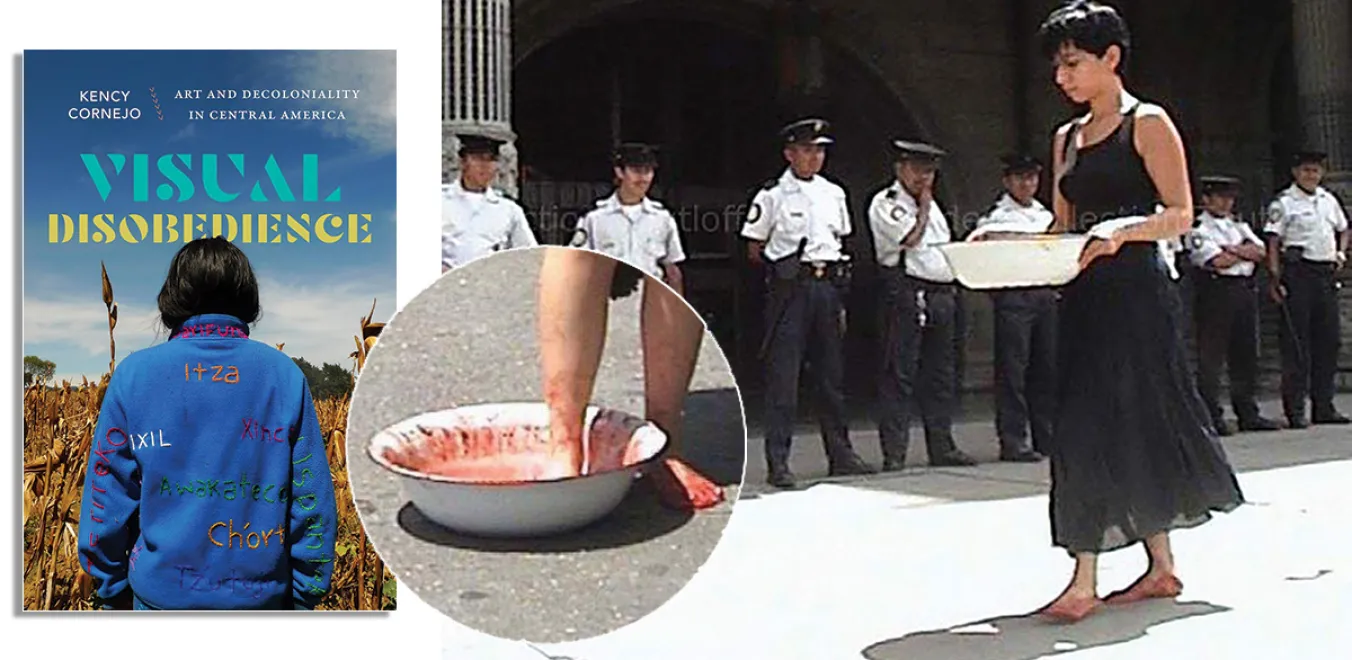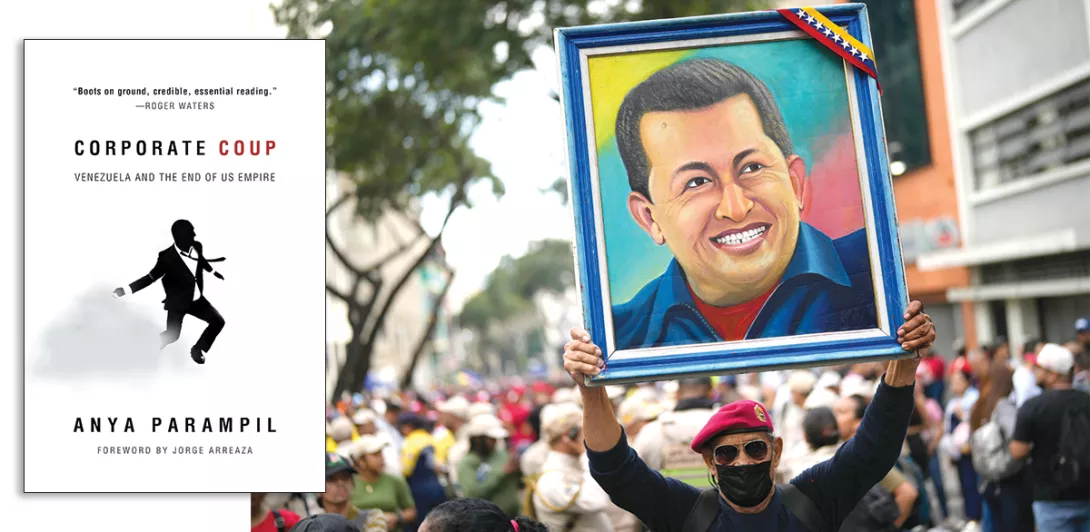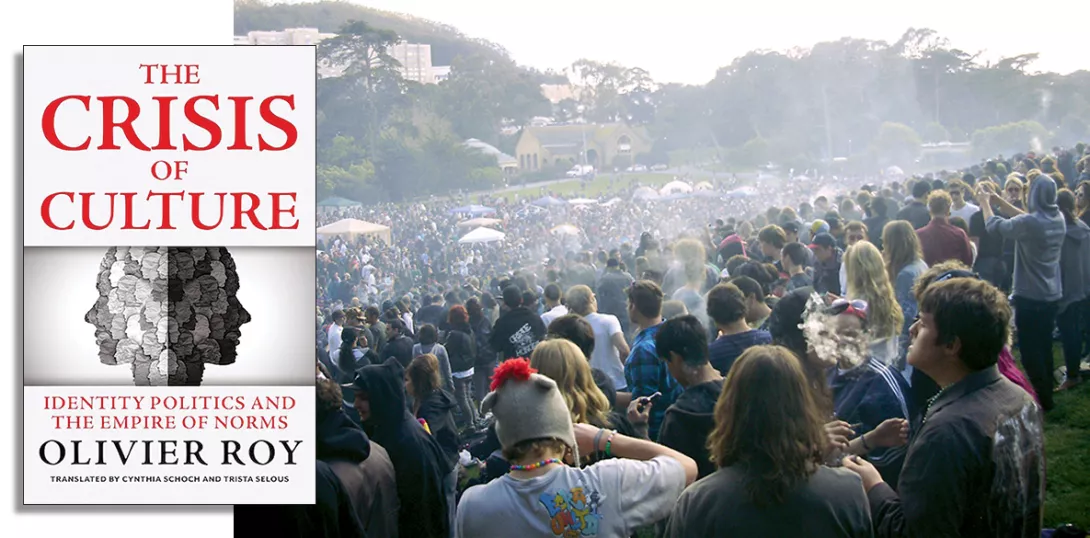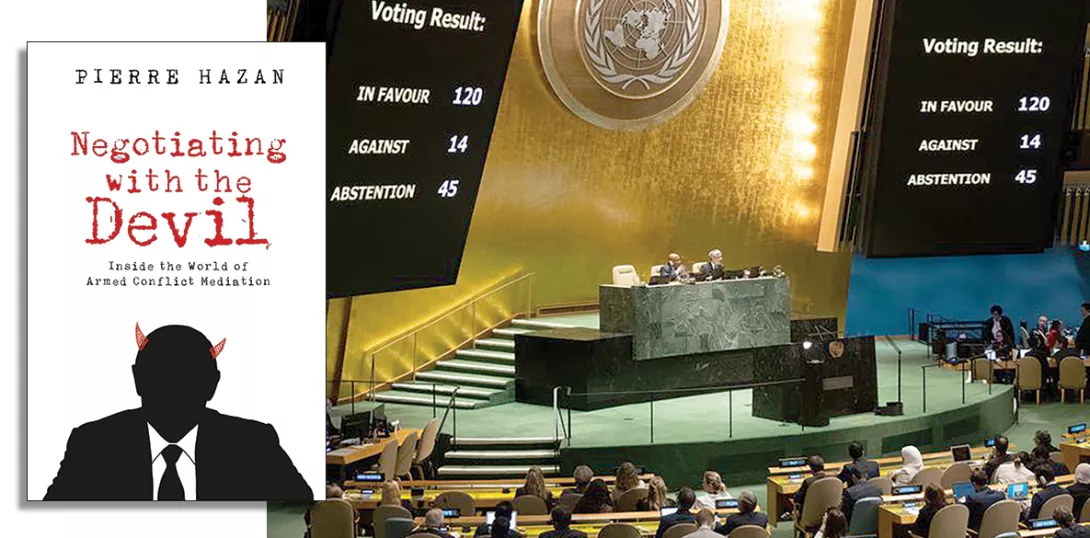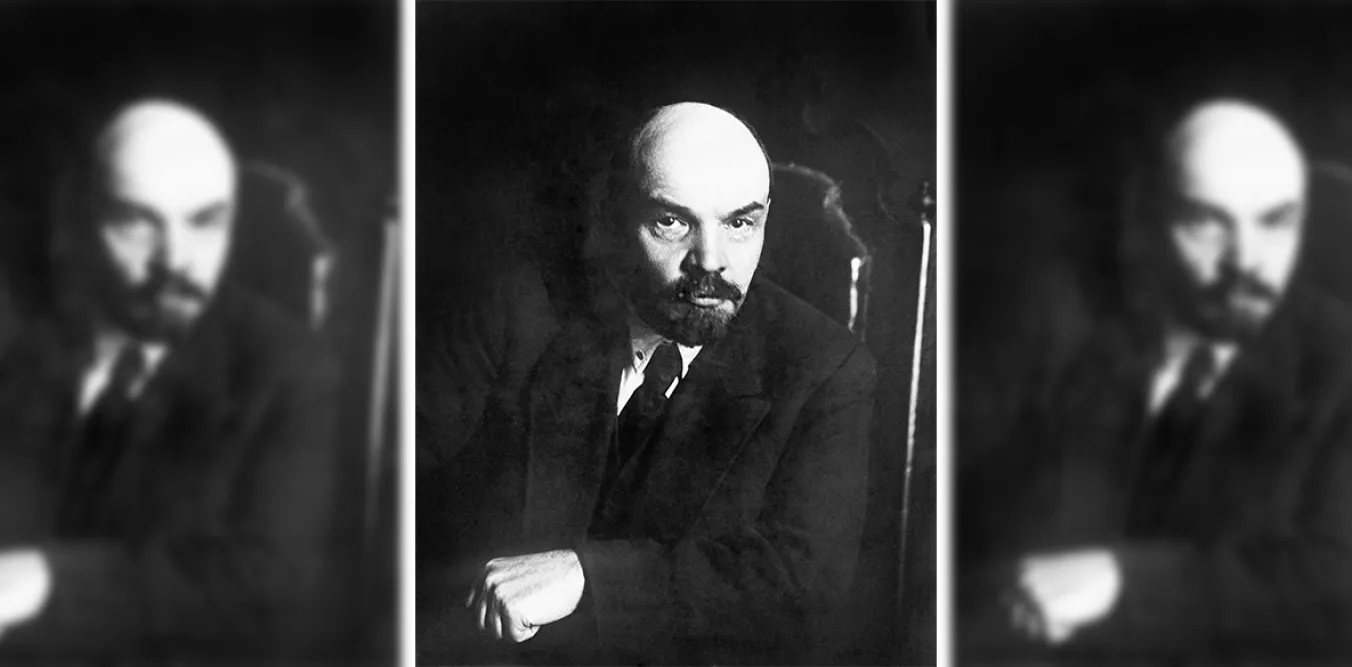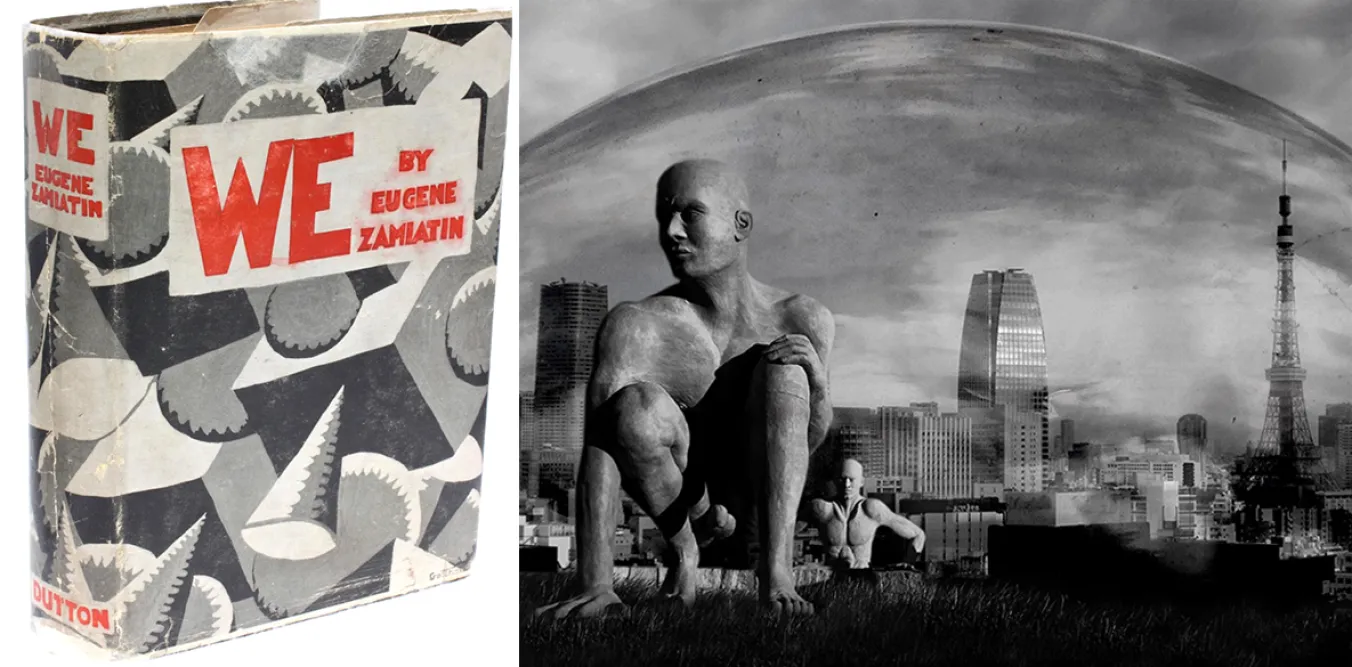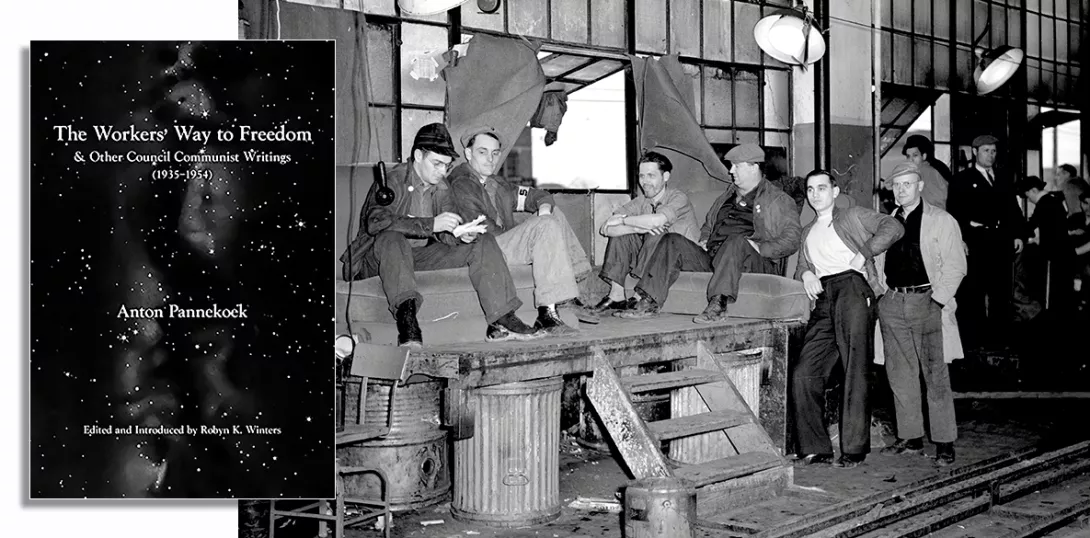
The Workers’ Way to Freedom and Other Council Communist Writings
Anton Pannekoek, edited by Robyn K Winters, PM Press, £23.99
WHEN Lenin wrote “Left-Wing Communism: An Infantile Disorder” in 1920, he was taking aim at diverse critics of the Bolshevik party’s tightening international grip over the interpretation of Marxism.
One of the bones of contention between the “left communists,” as they became known, and Leninists was about the role of political parties themselves, and hence the participation by communists in bourgeois parliaments. Foretelling later doctrinal divergence, this was a dispute about socialist strategy in Western Europe and how best to read the array of class forces confronted by workers — and hence how best to organise — in countries markedly different to revolutionary Russia.
A majority of the newly formed Communist Party of Germany (KPD) in December 1918 was opposed to electoral politics and trade unionism, positioning themselves to the left of Bolshevik orthodoxy. However, divisions sundered the new organisation precisely over these issues, fuelling the denunciations of Lenin and others at the Comintern whose official line called for participation in parliamentary elections and fighting to control established trade unions.
This split has been obscured in the shadows of history, yet it remains relevant today because of the questions raised by left communists about the behaviour of labour parties, supported by trade unions, that accept bourgeois parliamentarism uncritically as so-called representatives of workers’ interests.
